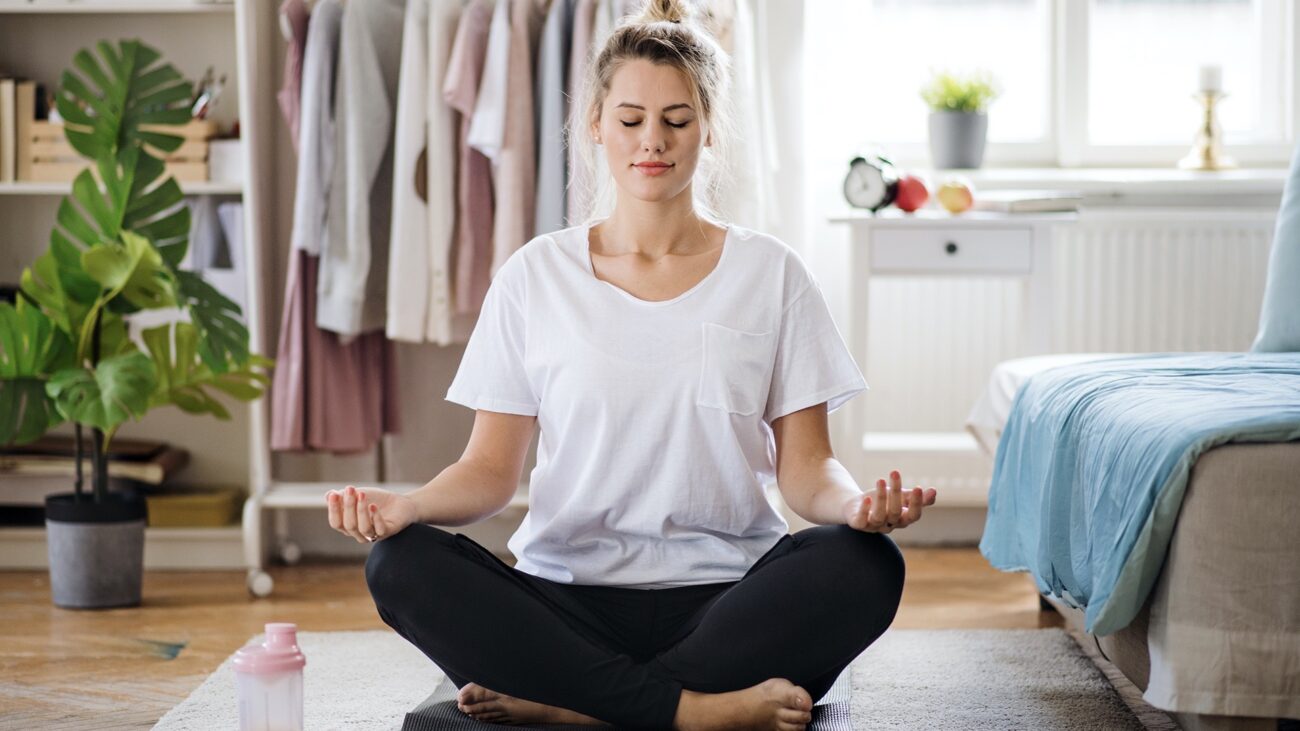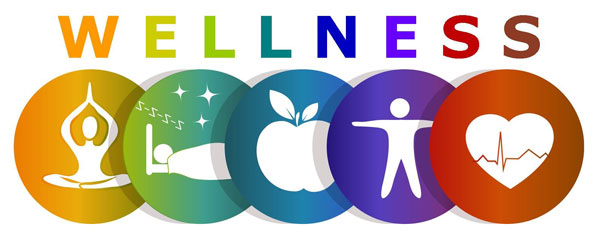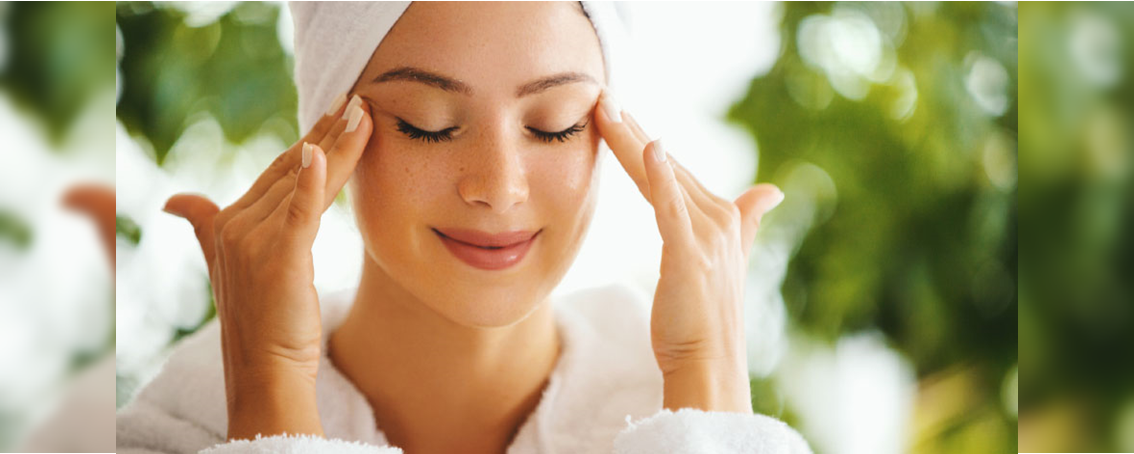
Introduction
In today’s fast-paced world, prioritizing wellness and self-care is more important than ever. With increasing stress levels, poor work-life balance, and constant digital distractions, taking time for self-care isn’t a luxury—it’s a necessity.
This comprehensive guide explores the importance of wellness and self-care, different types of self-care, practical strategies for incorporating them into daily life, and the long-term benefits of maintaining a self-care routine. Whether you’re a busy professional, a student, or a stay-at-home parent, this guide will help you cultivate a healthier, happier, and more balanced life.
Table of Contents
- Understanding Wellness and Self-Care
- What is Wellness?
- What is Self-Care?
- The Connection Between Wellness and Self-Care
- The Importance of Self-Care
- Physical Benefits
- Mental and Emotional Benefits
- Social and Relational Benefits
- Types of Self-Care
- Physical Self-Care
- Emotional Self-Care
- Mental Self-Care
- Social Self-Care
- Spiritual Self-Care
- Practical Self-Care Strategies
- Daily Self-Care Habits
- Weekly Self-Care Practices
- Monthly Self-Care Rituals
- Overcoming Common Self-Care Challenges
- Lack of Time
- Guilt and Societal Pressures
- Financial Constraints
- Wellness and Self-Care for Different Lifestyles
- For Busy Professionals
- For Students
- For Parents
- For Seniors
- The Role of Technology in Self-Care
- Best Wellness Apps
- Digital Detoxing
- Long-Term Benefits of Consistent Self-Care
- Improved Health
- Enhanced Productivity
- Stronger Relationships
- Conclusion
1. Understanding Wellness and Self-Care
What is Wellness?

Wellness is a holistic integration of physical, mental, and spiritual well-being. It’s not just the absence of illness but a proactive approach to living a fulfilling life. The National Wellness Institute defines wellness as:
“An active process through which people become aware of, and make choices toward, a more successful existence.”
Key dimensions of wellness include:
- Physical wellness (exercise, nutrition, sleep)
- Emotional wellness (stress management, self-awareness)
- Social wellness (healthy relationships, community)
- Intellectual wellness (lifelong learning, creativity)
- Spiritual wellness (purpose, meditation, mindfulness)
What is Self-Care?

Self-care refers to intentional actions taken to preserve or improve one’s health and well-being. It’s about recognizing your needs and taking steps to meet them.
The World Health Organization (WHO) defines self-care as:
“The ability of individuals, families, and communities to promote health, prevent disease, maintain health, and cope with illness and disability with or without the support of a healthcare provider.”
The Connection Between Wellness and Self-Care
While wellness is the broader goal, self-care is the daily practice that helps achieve it. Without self-care, wellness remains an abstract concept. By incorporating self-care habits, individuals can maintain balance and prevent burnout.
2. The Importance of Self-Care
Physical Benefits
- Boosts immunity – Reduces stress-related illnesses.
- Improves sleep – Relaxation techniques enhance sleep quality.
- Increases energy – Proper nutrition and exercise sustain vitality.
Mental and Emotional Benefits
- Reduces anxiety and depression – Mindfulness and therapy help manage emotions.
- Enhances focus – Breaks and meditation improve cognitive function.
- Builds resilience – Self-care fosters emotional strength.
Social and Relational Benefits
- Strengthens relationships – When you care for yourself, you can care for others better.
- Encourages boundaries – Saying “no” prevents resentment and burnout.
3. Types of Self-Care
1. Physical Self-Care
- Exercise (yoga, walking, strength training)
- Nutritious eating (balanced meals, hydration)
- Adequate sleep (7-9 hours per night)
2. Emotional Self-Care
- Journaling
- Therapy or counseling
- Practicing gratitude
3. Mental Self-Care
- Reading books
- Learning new skills
- Limiting screen time
4. Social Self-Care
- Spending time with loved ones
- Joining clubs or groups
- Setting healthy boundaries
5. Spiritual Self-Care
- Meditation and prayer
- Nature walks
- Volunteering
4. Practical Self-Care Strategies
Daily Self-Care Habits
- Morning routine (hydration, stretching, affirmations)
- 5-minute breathing exercises
- Digital detox before bed
Weekly Self-Care Practices
- Spa night (face masks, baths)
- Creative hobbies (painting, cooking)
- Social meetups (friends, family)
Monthly Self-Care Rituals
- Solo date (movies, hiking)
- Decluttering space
- Trying something new (workshop, class)
5. Overcoming Common Self-Care Challenges
Lack of Time?
- Micro self-care (1-minute meditation, quick walk)
- Schedule it (treat self-care like an appointment)
Feeling Guilty?
- Remember: Self-care isn’t selfish—it’s necessary.
- Start small (5-minute breaks add up).
Financial Constraints?
- Free self-care: nature walks, journaling, breathing exercises.
6. Wellness and Self-Care for Different Lifestyles
For Busy Professionals
- Desk stretches
- Pomodoro technique (work-break balance)
For Students
- Study breaks (20-20-20 rule: 20 sec break every 20 mins)
- Mindfulness apps (Headspace, Calm)
For Parents
- Nap when baby naps
- Delegate chores
For Seniors
- Gentle exercises (Tai Chi, swimming)
- Social clubs (book clubs, walking groups)
7. The Role of Technology in Self-Care
Best Wellness Apps
- Headspace (meditation)
- MyFitnessPal (nutrition)
- Daylio (mood tracking)
Digital Detoxing
- No phones 1 hour before bed
- Social media limits (use app timers)
8. Long-Term Benefits of Consistent Self-Care
- Lower risk of chronic diseases
- Higher productivity at work/school
- Stronger, happier relationships
9. Conclusion
Wellness and self-care are essential for a balanced, fulfilling life. By understanding different self-care types and implementing practical strategies, you can enhance your physical health, emotional resilience, and overall happiness.
Start small, stay consistent, and remember—you deserve care just as much as anyone else.

